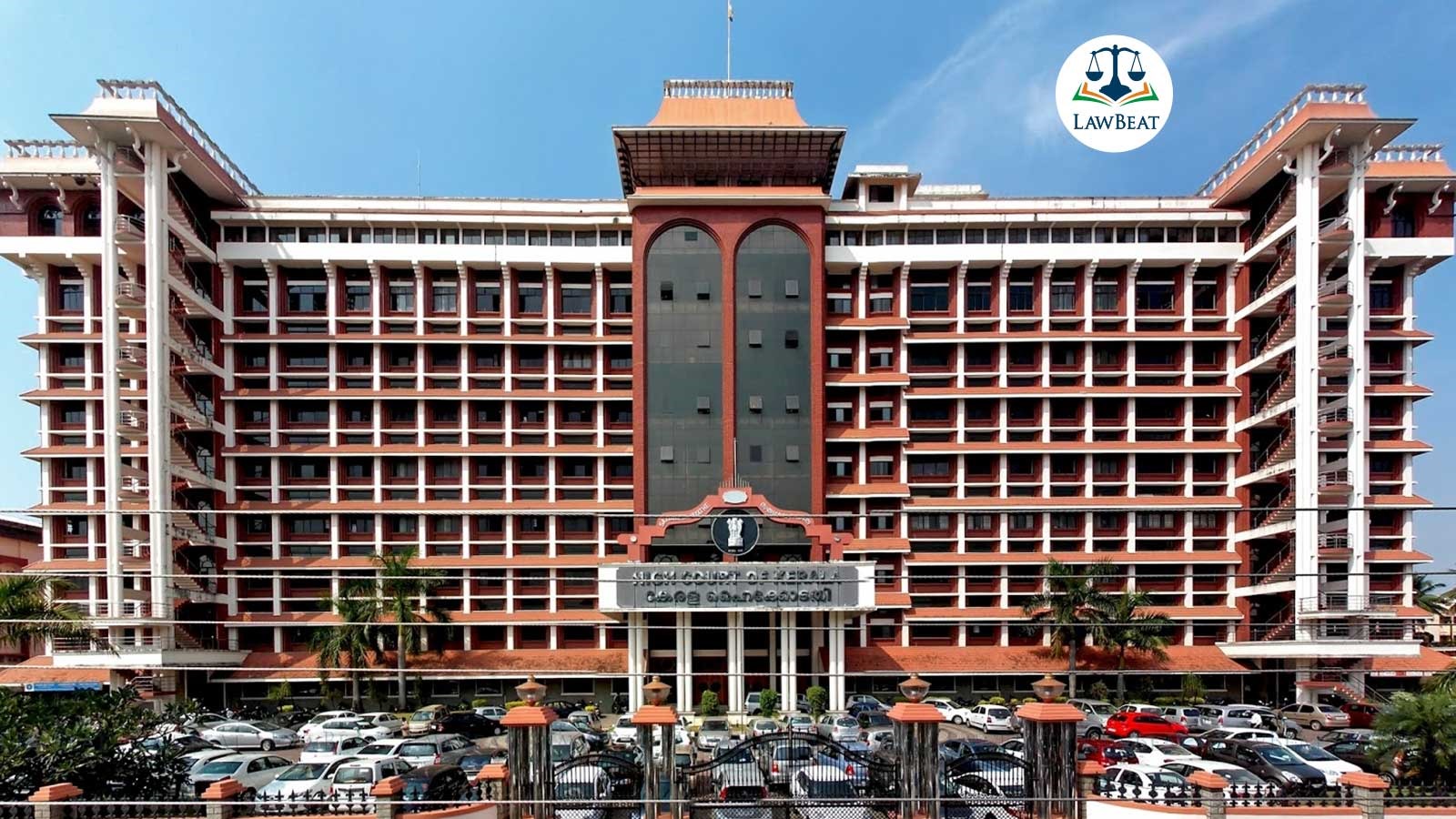Disclosing Victim’s Identity Adds ‘Pepper to the Wound’ : Kerala HC Restricts Evidence Access To Accused in Sexual Assault Case

The court ruled that merely because materials disclosing the privacy of the victim were already published and in public domain, the accused could not be allowed to further compromise the victim’s identity
The Kerala High Court has reaffirmed that publishing details that could infringe upon the privacy of a sexual assault victim is strictly prohibited, while upholding the order of the Fast Track Special Court to withhold certain sensitive documents from the accused, including a pen drive, still photos, voice messages, and WhatsApp chats, which were seized during the investigation.
Justice A. Badharudeen dismissed a Criminal Miscellaneous Case filed by the accused challenging the Special Court’s decision observing that “publication of anything which would affect the privacy of a victim is not permitted…disclosing the identity of rape victims itself is an offence under Section 228-A of IPC. If so, it is difficult to lay down a proposition that since privacy has been disclosed by any other means of publication to have access to the public is a reason to provide the same to the accused to add pepper on the wound of the victim and intimate upon the privacy of the victim.”
The court was hearing a plea filed by the petitioner, accused, along with two others, of raping a 14-year-old girl, leading to the registration of a First Information Report (FIR), under Sections 376(2)(i) and 376(2)(n) of the Indian Penal Code (IPC), along with charges under the Protection of Children from Sexual Offences (POCSO) Act and the Information Technology Act. The accused initially sought access to evidence, including pen drives, photographs, voice messages, and WhatsApp chats seized by the investigating officer, arguing that these documents were essential for preparing his defence. While the Special Court granted partial access, it refused to share content that could compromise the victim's privacy. Instead, it allowed the accused or his counsel to inspect the content under court supervision.
The petitioner challenged this decision, arguing that since some of the materials had already been published online, they were in the public domain, and thus, he was entitled to access them under Sections 207 and 208 of the Code of Criminal Procedure (CrPC). It was further emphasised that denying access to these documents would hinder the accused's ability to effectively defend himself in court.
The prosecution opposed the petition, contending that the visual contents requested by the petitioner contained physical evidence of the crime and that providing these materials would further insult the victim by compromising her privacy. The prosecution argued that the mere presence of these materials in the public domain did not justify further compromising the victim's privacy. It maintained that providing the accused with copies of these documents would be a violation of the victim's rights and would cause additional harm.
Referencing the relevant Supreme Court judgments in in ‘Gopalakrishnan @ Dileep v State of Kerala’, and ‘Nipun Saxena & anr. v. Union of India & Ors’ the court highlighted that electronic records, such as pen drives, should be treated as documents and may be provided to the accused. However, when these records contain sensitive information regarding the victim’s privacy, courts can limit access to an inspection. “In cases involving privacy of the victims or their identity, in order to avoid its disclosure, the court may be justified in providing only inspection thereof to the accused or his/her counsel or an expert for presenting effective defence during trial. In this regard, the courts have to issue suitable directions to balance the interest of both sides,” the court noted
The court noted that the privacy and identity of victims of sexual offences are of paramount importance. The court observed that even if some of the victim's details had been published online, this did not provide a legal basis for the accused to access further sensitive materials. The court emphasised that publishing any information that could harm the victim's privacy is prohibited, and any violation of this prohibition requires immediate rectification.
In conclusion, the court dismissed the petition, finding no reason to interfere with the Special Court's order affirming that its decision was in line with the Supreme Court’s guidelines.
Cause Title: Muhammed Ramees v. State of Kerala [CRL.MC NO. 1419 OF 2022]
